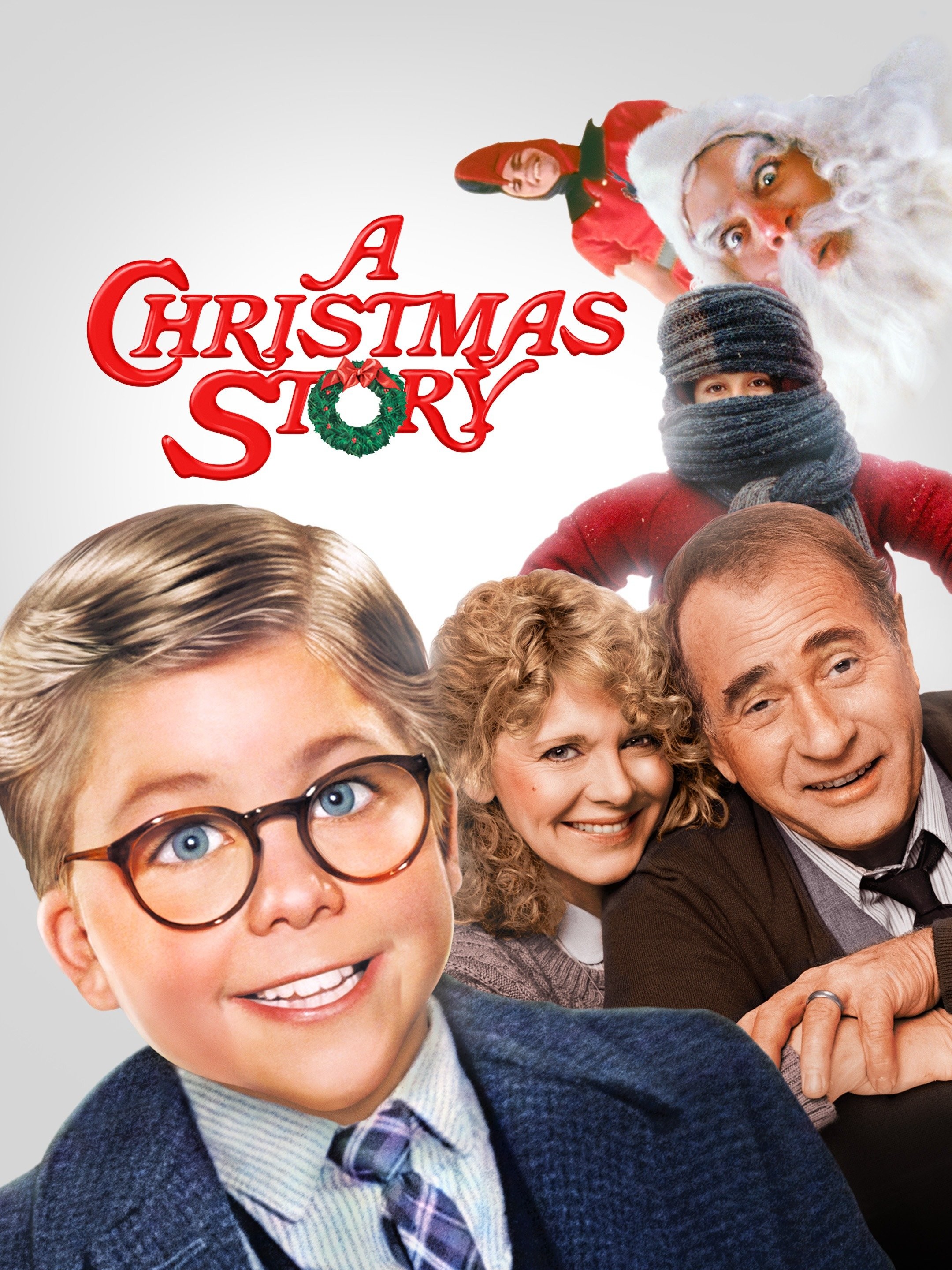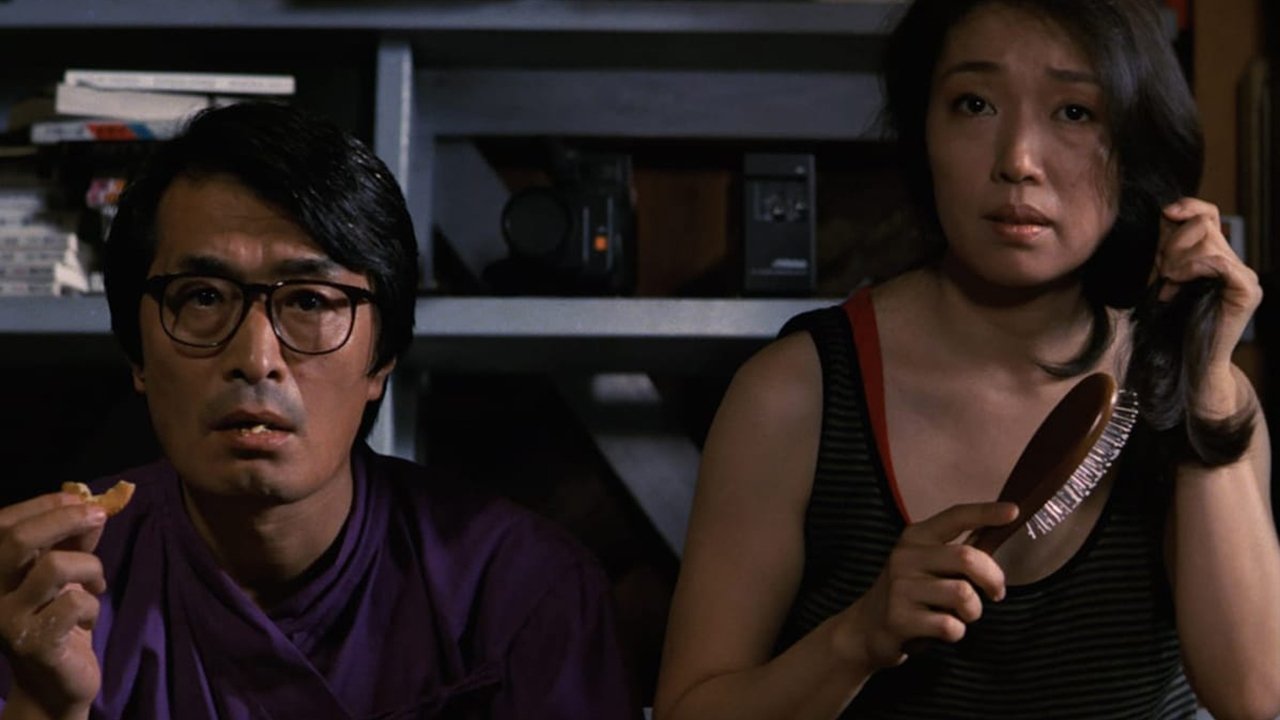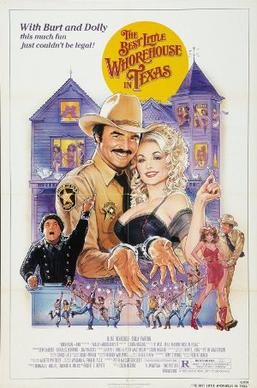The Match Factory Girl -
The third part of the Proletariat trilogy is essentially Kaurismaki with the gloves off. A movie that would pair well with Takeshi Kitano's
Violent Cop or Robert Bresson's
L'Argent, the director does not beat around the bush here on his thoughts and feelings about evil begetting evil and the increasingly unbalanced scale of justice between poor and powerful. Expertly setting the tone with a news report on the Tiananmen Square massacre, he moves on to establish one of his most pitiable protagonists - and perhaps in all of film - in Iris (Outinen). Besides her titular dead-end job, she is in abusive relationships with her parents, only finds joy in the pages of books and always leaves bars alone. On the one night someone shows interest in her at one, it happens to be the worst kind of person for her imaginable: Aarne (Vierikko), who like Tom Cruise in
Eyes Wide Shut is a guy used to solving all his problems with money. What follows has Iris seeking justice for his crimes and eventually those of everyone like him while not exactly retaining what humanity she has left in the process.
Kaurismaki and Outinen have become one of my favorite director/performer relationships, with this being the best instance I've seen yet. The dialogue is incredibly sparse - it's 25 minutes until a main character says something and it's fitting that it's an insult to Iris - but Outinen succeeds at letting us inside Iris's head anyway. As for Aarne, with his wolfish beard and steely expressions, Vierikko appropriately makes him out to be more monster than man. Did Kaurismaki influence Kitano? I cannot find evidence of such, but if it's not the minimal dialogue and lack of camera movement that makes you wonder, it's how stark and subtlety-free each crime, attempt at retribution, etc. comes across. We never see the aftermath of the worst offenses, but we simply do not need to. Also, Kaurismaki sure knows his way around Helsinki, especially when it comes to choosing which parts represent Iris's world and which represent Aarne's. If it's not how decrepit or kitschy Iris's is and how clean, shiny and new Aarne's that says it all, it's how jarring the director makes them contrast.
Simply put, this movie functions quite well as a middle finger to the decade that preceded it, especially to the forces that pressed the iron boot even harder on the face of the working class and to those who yearn to kiss it anyway. It also succeeds in proving that subtlety is not always a virtue, which, however, is why I cannot say this is one of my very favorites by the director. What keeps me coming back to him is how he manages to express multitudes with such a minimal approach. As satisfying and true the starker drama in this entry may be, I ended up appreciating the outcome more than liking it as a result. I still understand why this would be considered the best Finnish movie of all time and encourage you to seek it out, but not without seeking out the trilogy's preceding entries first, of course. I'll add that all three movies, but especially this one, could not be a better antidote to an '80s nostalgia overdose.





 Check out my podcast:
Check out my podcast: 


